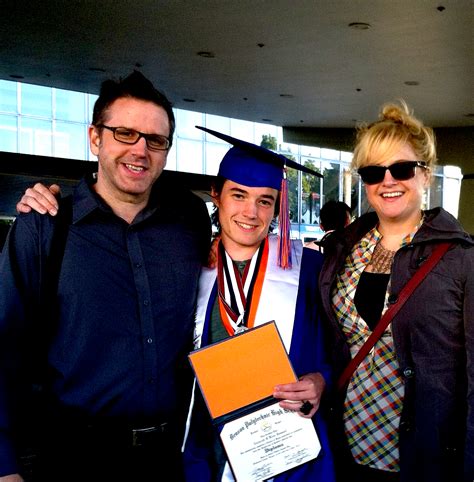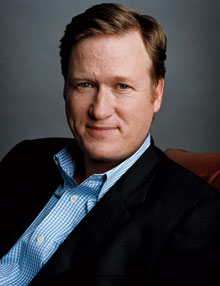A Quote by Raymond Chandler
Related Quotes
Frequently, an author gets "orphaned" at a publisher. What this means is that an editor buys their book, then ends up getting fired, promoted, or transferred to a different job somewhere else. It sucks for the author because suddenly the person who liked your book enough to buy it isn't around to help you edit and promote it.
No one really knows the value of book tours. Whether or not they're good ideas, or if they improve book sales. I happen to think the author is the last person you'd want to talk to about a book. They hate it by that point; they've already moved on to a new lover. Besides, the author never knows what the book is about anyway.
Whether the author intended a symbolic resonance to exist in her book is irrelevant. All that matters is whether it's there. Because the book does not exist for the benefit of the author, the book exists for the benefit of YOU. If we as readers can have a bigger and richer experience with the world as a result of reading a symbol and that symbol wasn't intended by the author, WE STILL WIN.
I see a lot of writers who complain when their book doesn't sell and the reason that happens sometimes, is they don't know how to publicize or promote themselves. A writer is more successful when they're involved in their literary community somehow. It's very easy for an author's book to fade away if they don't get out in public and meet people.
Reading a book should be a conversation between you and the author. Presumably he knows more about the subject than you do; if not, you probably should not be bothering with his book. But understanding is a two-way operation; the learner has to question himself and question the teacher, once he understands what the teacher is saying. Marking a book is literally an expression of your differences or your agreements with the author. It is the highest respect you can pay him.
Authors have a greater right than any copyright, though it is generally unacknowledged or disregarded. They have a right to the reader's civility. There are favorable hours for reading a book, as for writing it, and to these the author has a claim. Yet many people think that when they buy a book they buy with it the right to abuse the author.
Meeting writers is always so disappointing. I got over wanting to meet live writers quite a long time ago. There is this terrific book that has changed your life, and then you meet the author, and he has shifty eyes and funny shoes and he won't talk about anything except the injustice of the United States income tax structure toward people with fluctuating income, or how to breed Black Angus cows, or something.







































